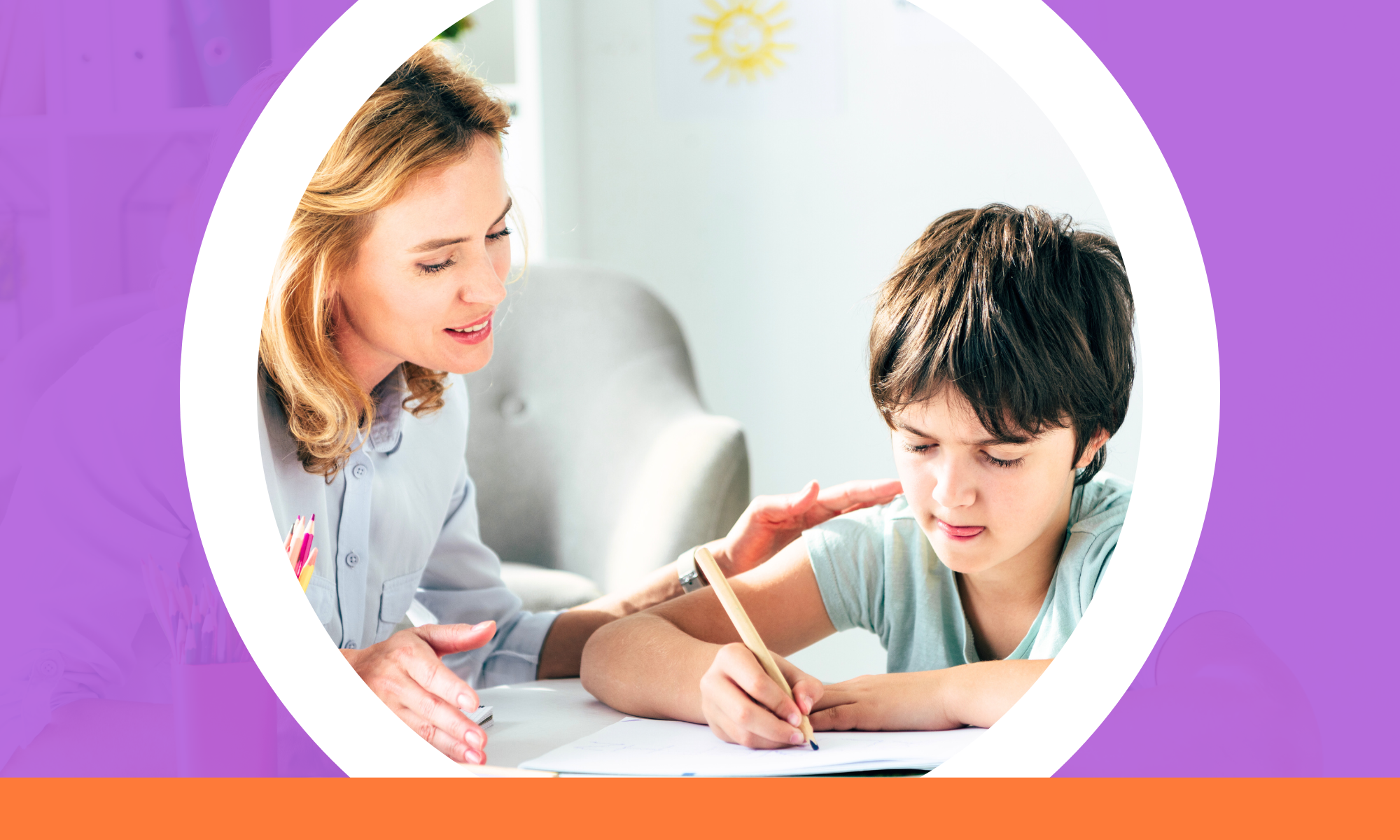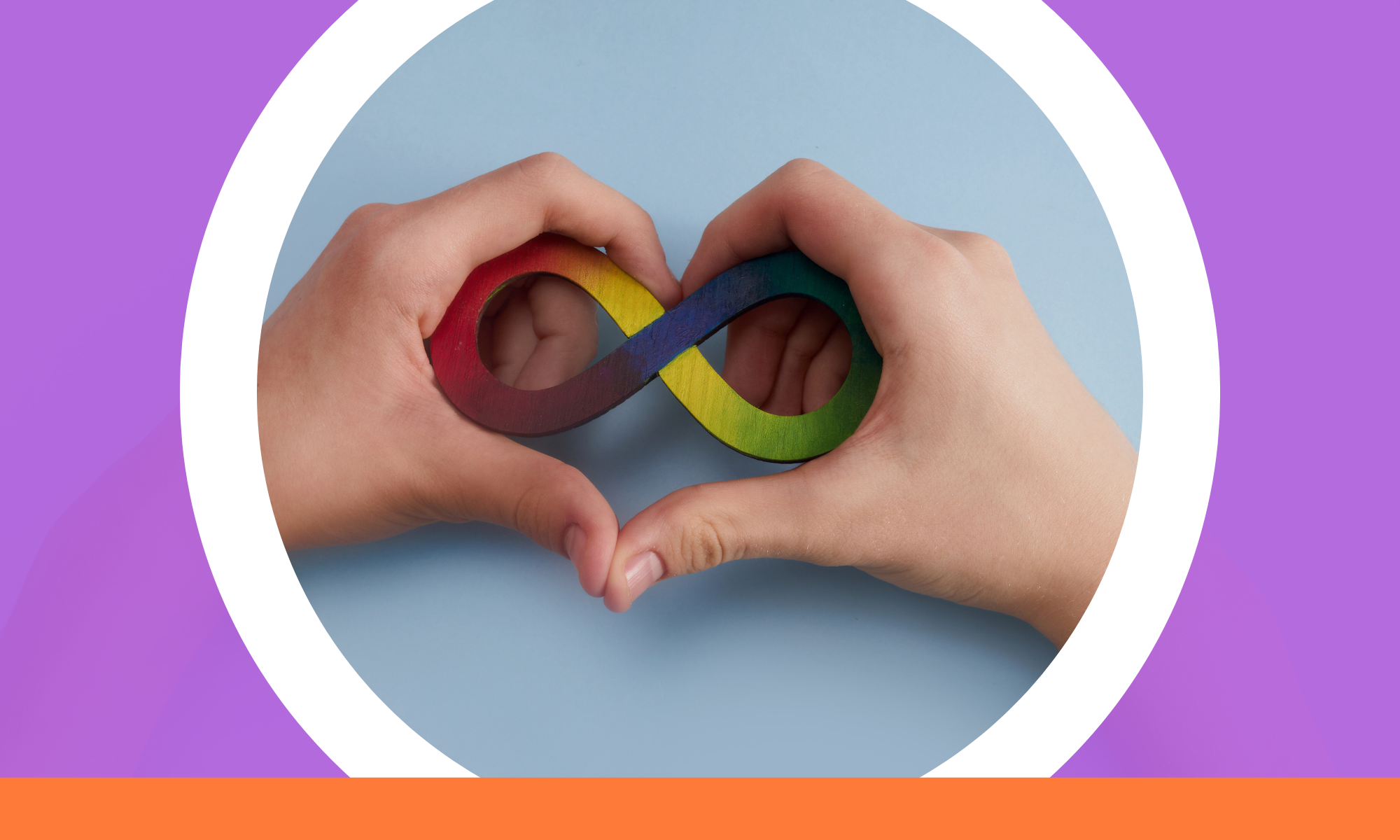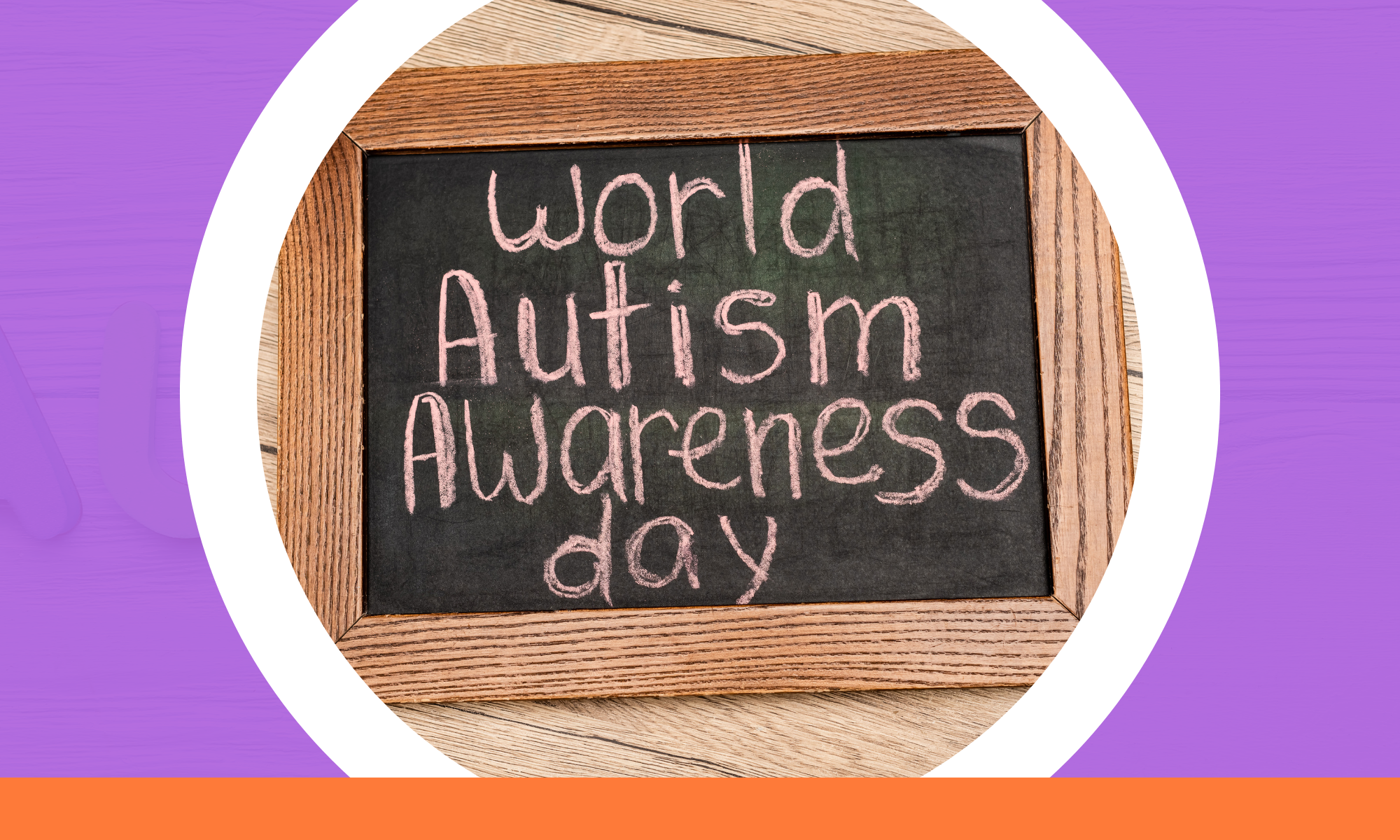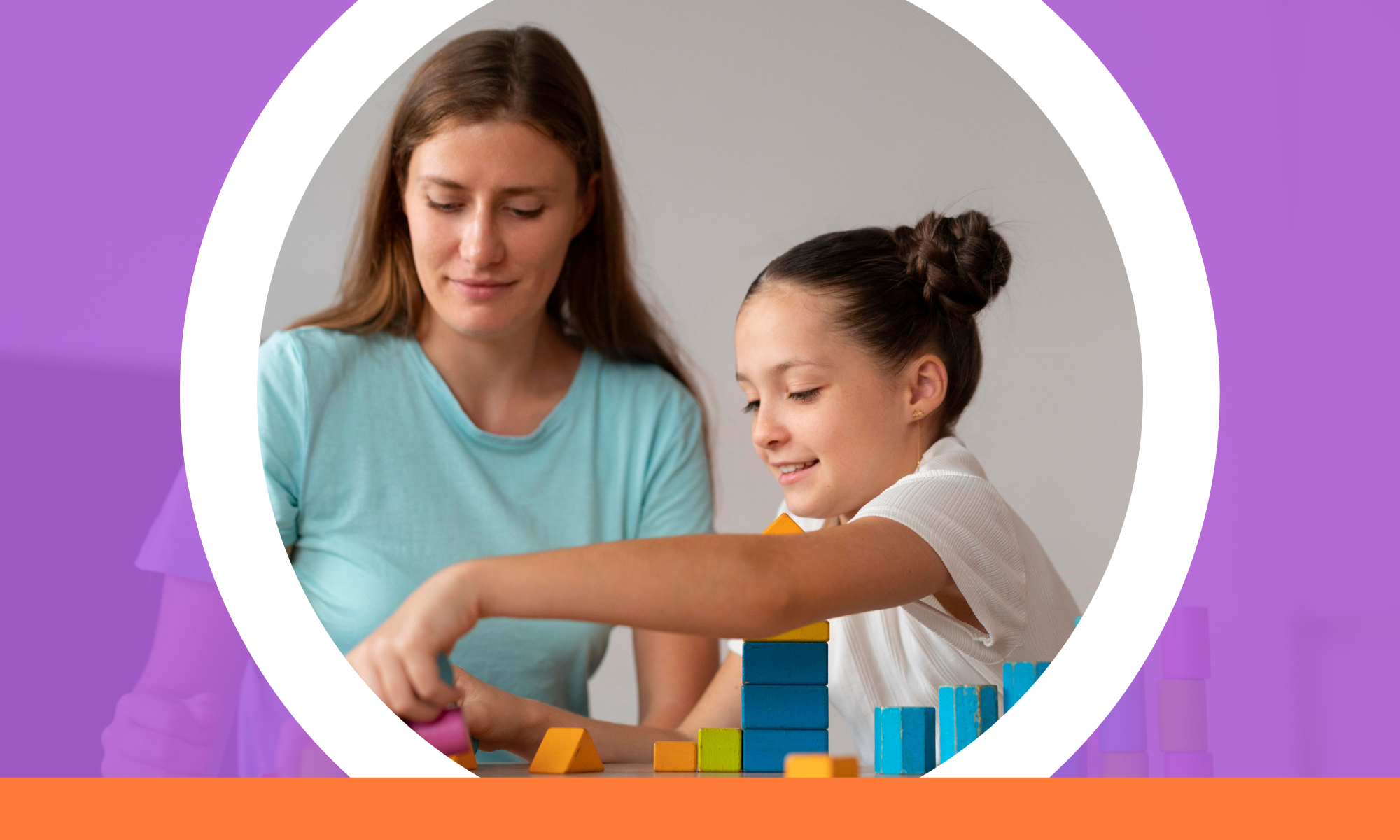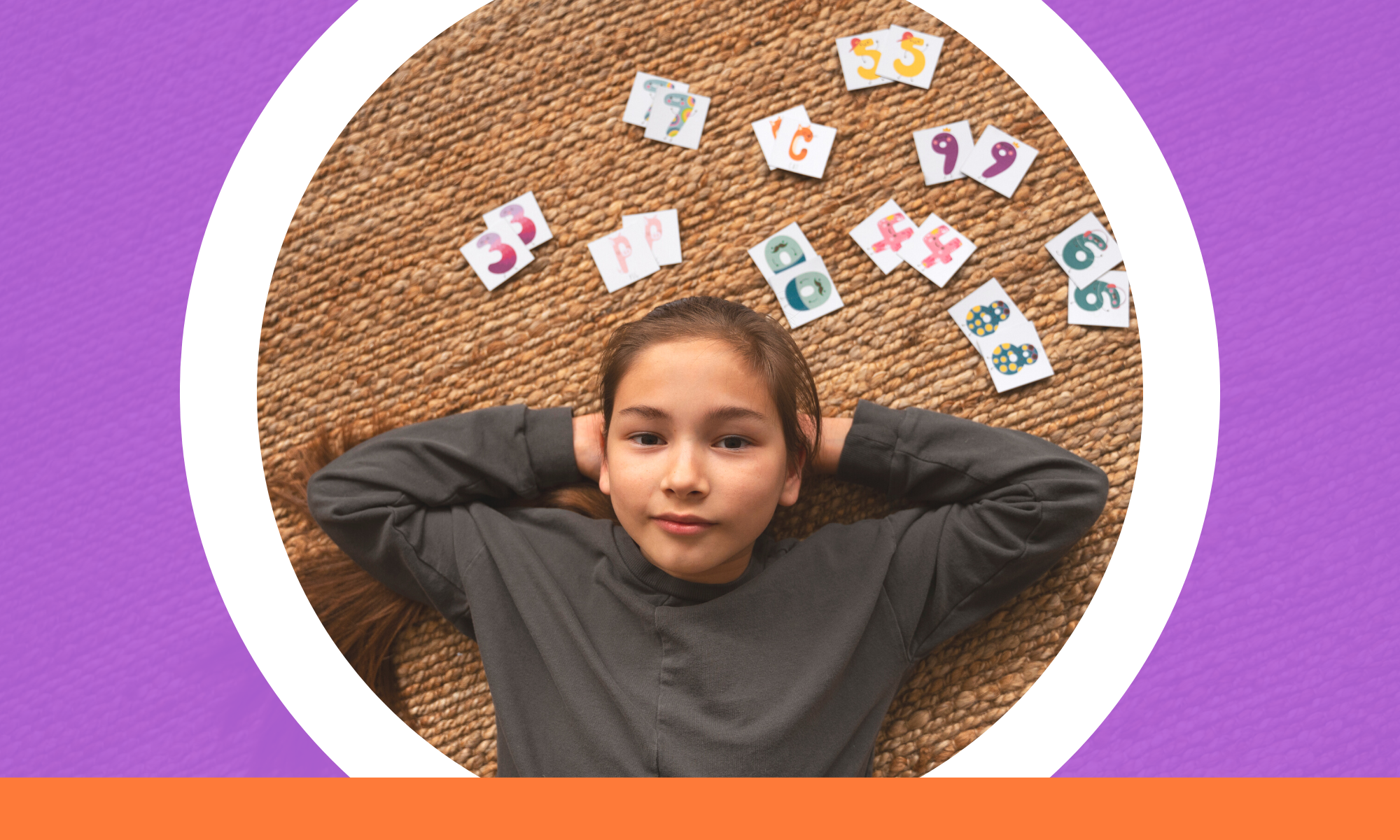Accessing Special Education Services in Ireland
All parents want to ensure their children receive the best possible care and education to equip them for a bright future. When a child is diagnosed with learning or physical differences, understanding what the next steps should be for getting the necessary support is vital. This involves having the correct information about accessing special education services in Ireland and how to best navigate them.
If you are a parent of a child identified as requiring this, there are many resources in Ireland that can help. These services can give you the clarity to make decisions about your child’s future and can help them on the path towards meeting their full potential with their education and social life.
Autism Assessment
If you believe your child requires support, the first step is an Autism Assessment which we provide as part of our services. An autism assessment is a multi-step process that includes information from a variety of sources.
Find Out More
The main tools used during a basic assessment are: the ADI-R (Autism Diagnostic Interview-Revised), Child/Adolescent/Adult Sensory Profile (CSP/AASP), and the ADOS-2 (Autism Diagnostic Observation Schedule).
ADI-R
An extended interview completed by an experienced clinician with a child’s or adult’s parent/caregiver. Information is collected from different areas of functioning.
The Sensory Profile
A standardised questionnaire completed by the parent/caregiver of a young child or an adolescent/adult being evaluated. Looks at your child’s ability to process input using their five senses – touch, sight, hearing, smell, and taste.
The ADOS-2
A semi-structured, standardised assessment of communication, social interaction, play/imagination, restrictive and repetitive behaviours.
Irish Society for Autism
After the autism assessment is carried out, there are many other support services available that will suit the needs of your child. The Irish Society for Autism is an example of one. This society offers a wide range of services and support, providing information through training and educational programmes for families, educators, students and health care workers. With a team of dedicated professionals and volunteers, it strives to enhance the quality of life of those with autism, and promote their social inclusion within the wider community.
They offer a range of information services in the form of:
They are passionate about raising awareness for autism and advocating for the rights of those affected. The work of the ISA is truly inspiring, and they continue to make significant strides in improving lives throughout Ireland.
Did You Know?
A study by researchers in DCU suggests that autism affects at least 1 per cent of the Irish population, similar to rates in the US and the UK.
School Support
If your child is diagnosed, they could be eligible for additional support in school. Accessing this support involves working with your child’s school and the relevant educational authorities to create an individual education plan. It will outline your child’s specific needs and the supports required to help them succeed. The type of support provided will depend on the individual needs of your child and may include:
The educational environment may be an overwhelming place for children as they may struggle to adjust to changes in routine and the surroundings. Teachers and parents must work together to provide the necessary support which should be tailored to the individual child’s needs. It may include a range of helpful learning strategies such as:
–Visual Aids: objects of reference, such as packaging, food labels and coloured pictures.
–Calming Techniques: relaxing classroom music to play in the background while the children are learning.
–Sensory Support: squeezy balls, hobby clay, and fidget toys.
National Educational Psychological Service (NEPS)
NEPS is a government-funded service that provides psychological assessments and support to schools and students, working in partnership with teachers, parents and children in identifying educational needs. Their aim is to support the well-being, learning, and development of children and young people. To access their services, simply contact your child’s school and they will arrange for a referral to be made. Support to schools is made through consultations, assessments, interventions, special projects and research with regards to:
Their efforts contribute to the creation of a safe, inclusive, and positive learning environment that enables students to excel academically and thrive socially.
Access to special education services in Ireland is a fundamental right. It is important to consider all available options while researching, in order to have the best chance of receiving the services needed. Having the knowledge about accessible services can be beneficial for parents, teachers and students, improving the life of those affected. Access to these services allows children the appropriate support they need while working towards their education goals.




